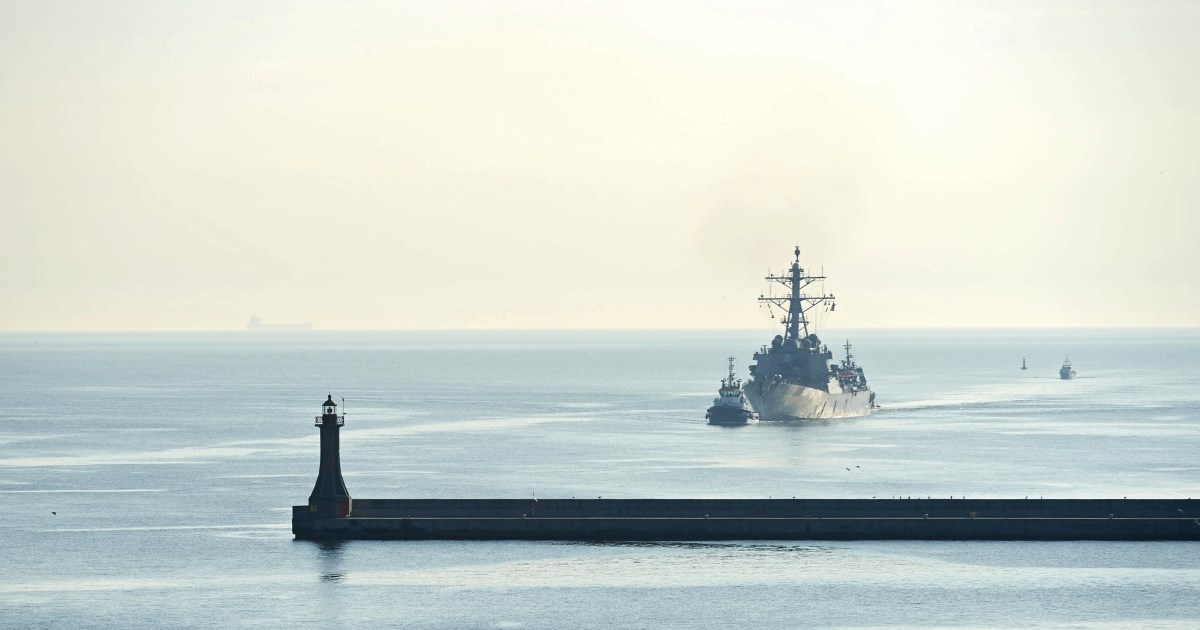The Russian Foreign Intelligence Service (SVR) has accused the United Kingdom and Ukraine of jointly planning provocations in the Baltic Sea to disrupt Russian-American negotiations. According to SVR reports, one scenario involves a staged Russian torpedo attack on a US warship, where some torpedoes would explode at a safe distance and one would fail, to be presented as evidence of Russian hostile activity. Additionally, there are plans involving Ukrainian security forces and Northern European countries to sabotage international maritime routes. These accusations come amid heightened tensions and conflicts in the region, while the UK and its allies prepare new sanctions against Russia over the war in Ukraine. Different media outlets report these events from various political perspectives, emphasizing either the Russian narrative or the Western viewpoint on sanctions and diplomatic efforts.
Political Perspectives:
Left: Left-leaning outlets tend to emphasize the Russian claims as part of a broader narrative of Western provocation and escalation, highlighting the possibility of misinformation and the risks of increased military tensions. They may question the motives behind the accusations and stress the need for diplomatic solutions to avoid further conflict.
Center: Centrist media generally report the facts of the accusations while providing balanced context, including the ongoing conflict in Ukraine and the diplomatic efforts by Western countries. They present both the Russian allegations and the Western responses, including sanctions and military support to Ukraine, without overt bias.
Right: Right-leaning sources often focus on the threat posed by Russia and its attempts to manipulate narratives to justify aggressive actions. They highlight the UK and Ukraine’s defensive measures and the importance of maintaining pressure on Russia through sanctions and military readiness. The Russian accusations are often framed as propaganda or disinformation.







































